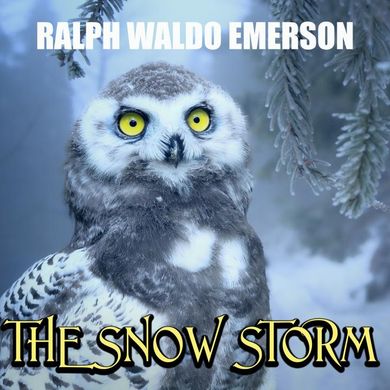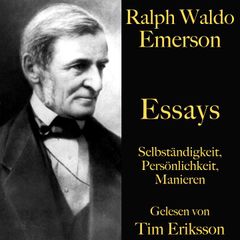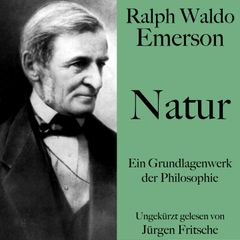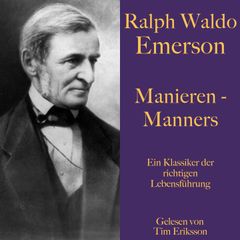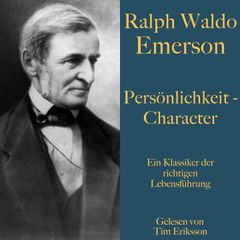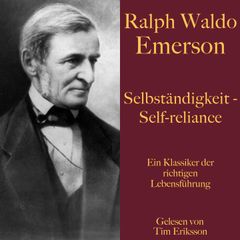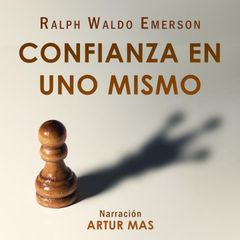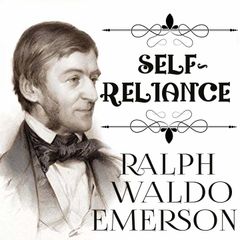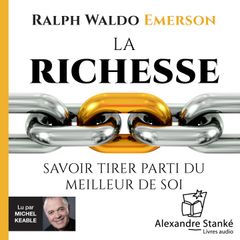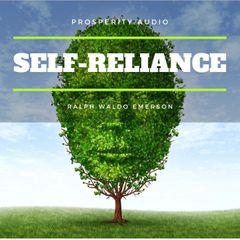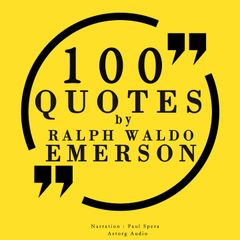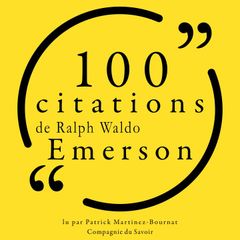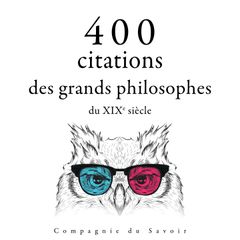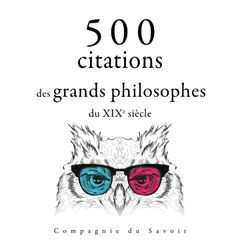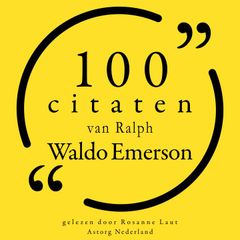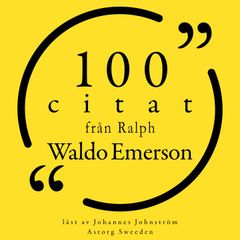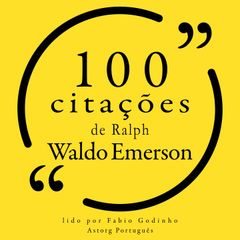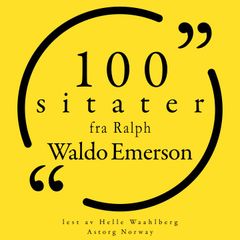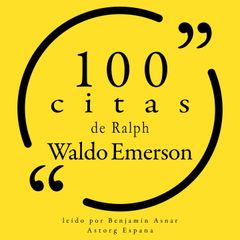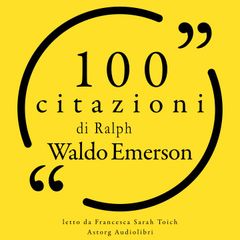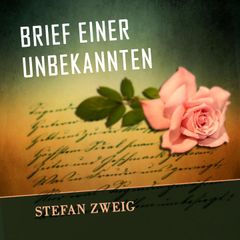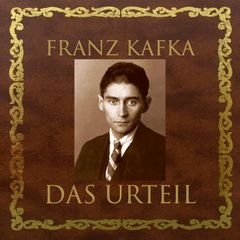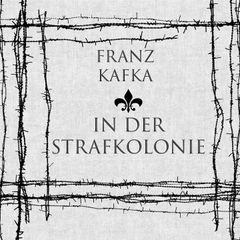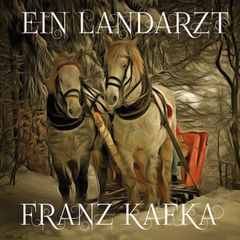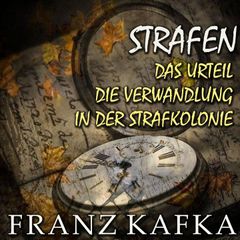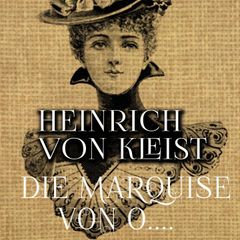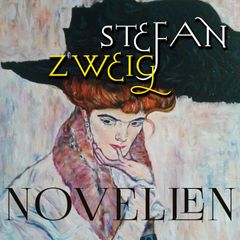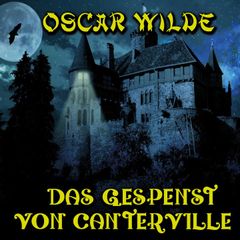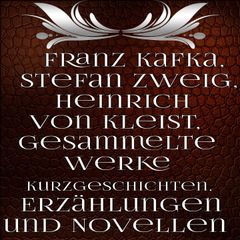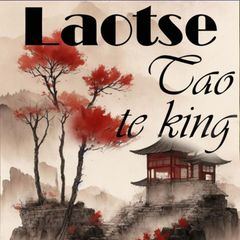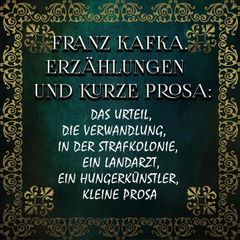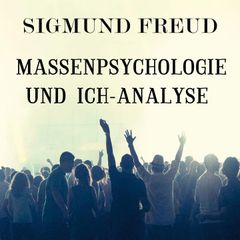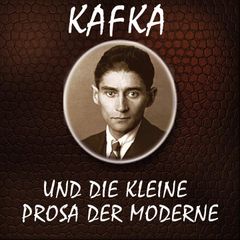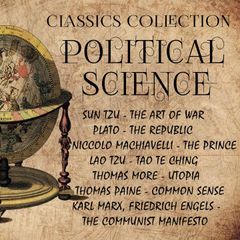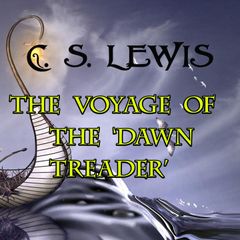- product-details.type.audio
- 2025
- 2 min
- Strelbytskyy Multimedia Publishing
product.smartlink.deeplinks
product.smartlink.searchlinks
product-details.title-label
The Snow Storm
product-details.description-label
The storm arrives, unbidden yet unstoppable, sculpting the world in reckless white. The north wind, a faceless mason, works without plan or patience—bastions rise, wreaths drape, roads vanish. No symmetry, no restraint, only the wild hand of winter shaping chaos into fleeting grandeur.
By dawn, the architect is gone. What remains is a frozen wonder, a masterpiece of whim and force, too perfect to last, too wild to be remade.
product-details.on-public-lists-label
product-details.on-public-lists-fallback-text
product-details.meta-data-label
product-details.publisher-label:
product-details.author-label:
product-details.title-label:
The Snow Storm
product-details.read-by-label:
product-details.language-label:
EN
product-details.isbn-audio-label:
4069828278660
product-details.publication-date-label:
26 de março de 2025
product-details.keywords-label:
product-details.duration-label
2 min
product-details.product-type-label
AUDIO
product-details.explicit-label:
product-details.no-label
product-details.radioplay-label:
product-details.no-label
product-details.unabridged-label:
product-details.yes-label
product-details.about-author:
Ralph Waldo Emerson (May 25, 1803 – April 27, 1882) was a writer, lecturer, and thinker who reshaped American intellectual life. Born in Boston into a family of ministers, he lost his father at eight and was raised by a fiercely determined mother. He attended Harvard at fourteen, briefly taught school, and then followed family tradition into the ministry. But the death of his first wife, Ellen, in 1831 shattered his faith in organized religion. He resigned from the church and set off for Europe, where he met the great minds of his time—Coleridge, Carlyle, and Wordsworth—who deepened his belief in individual thought over inherited dogma.
Back in America, he settled in Concord, Massachusetts, and became the leading voice of transcendentalism. His 1836 essay Nature called for a new way of seeing the world—one that placed intuition above reason and the divine within the self. His lectures and essays, including Self-Reliance and The American Scholar, urged Americans to trust their own voices rather than look to Europe for intellectual authority.
A magnetic speaker, Emerson crisscrossed the country delivering lectures on topics ranging from history to self-improvement. He mentored Henry David Thoreau and influenced countless others, from Walt Whitman to Friedrich Nietzsche. Despite his growing fame, he remained a private man, happiest in his study or walking through the woods of Concord.
In later years, his memory faded, and he quietly withdrew from public life. Yet his words endured, shaping generations of writers, philosophers, and seekers. His call for self-reliance and intellectual independence remains as relevant today as it was in his time.
